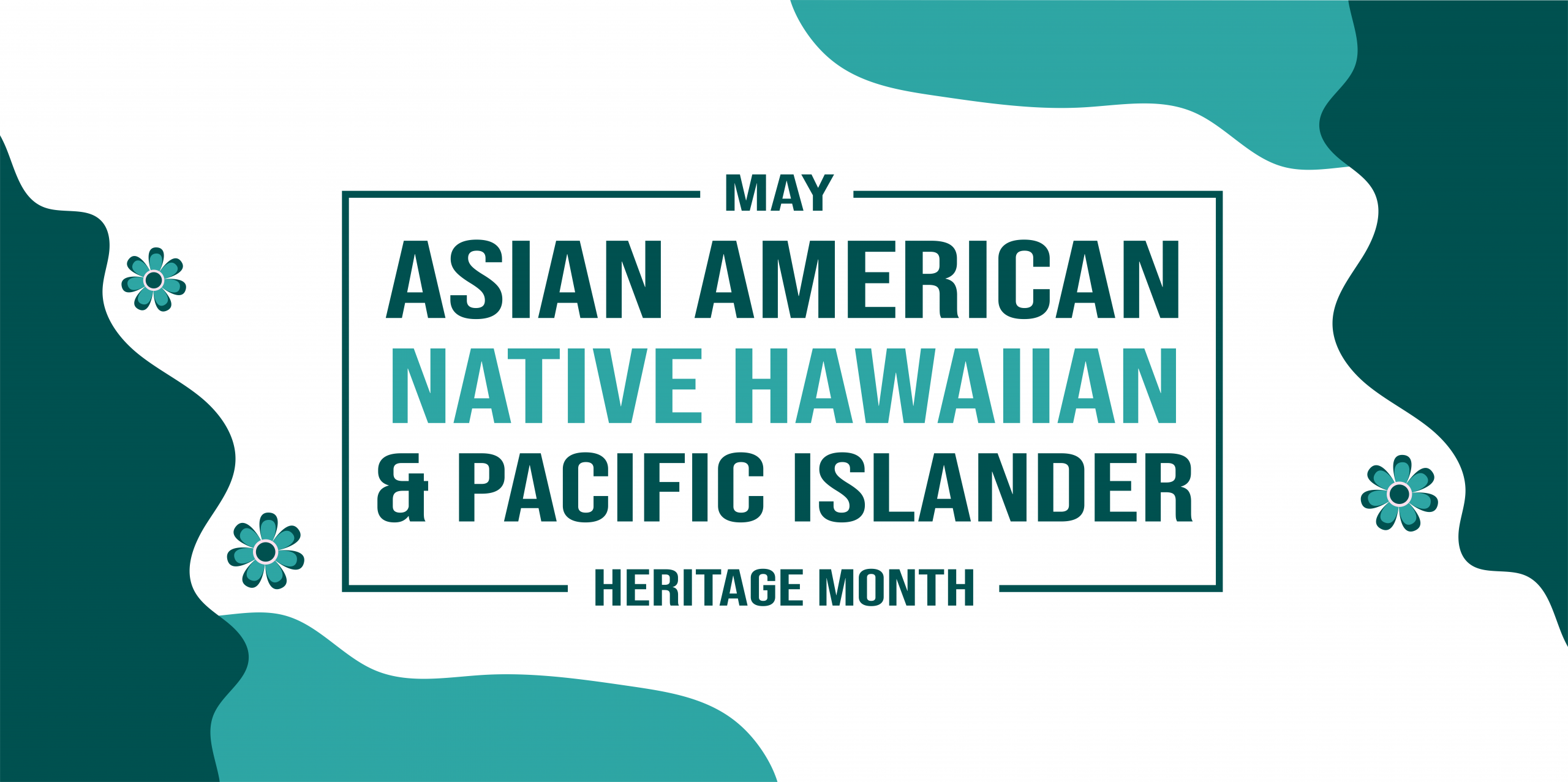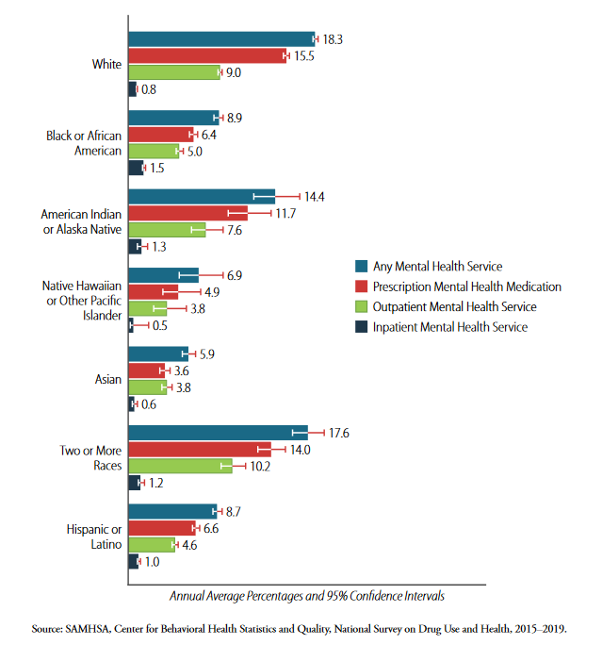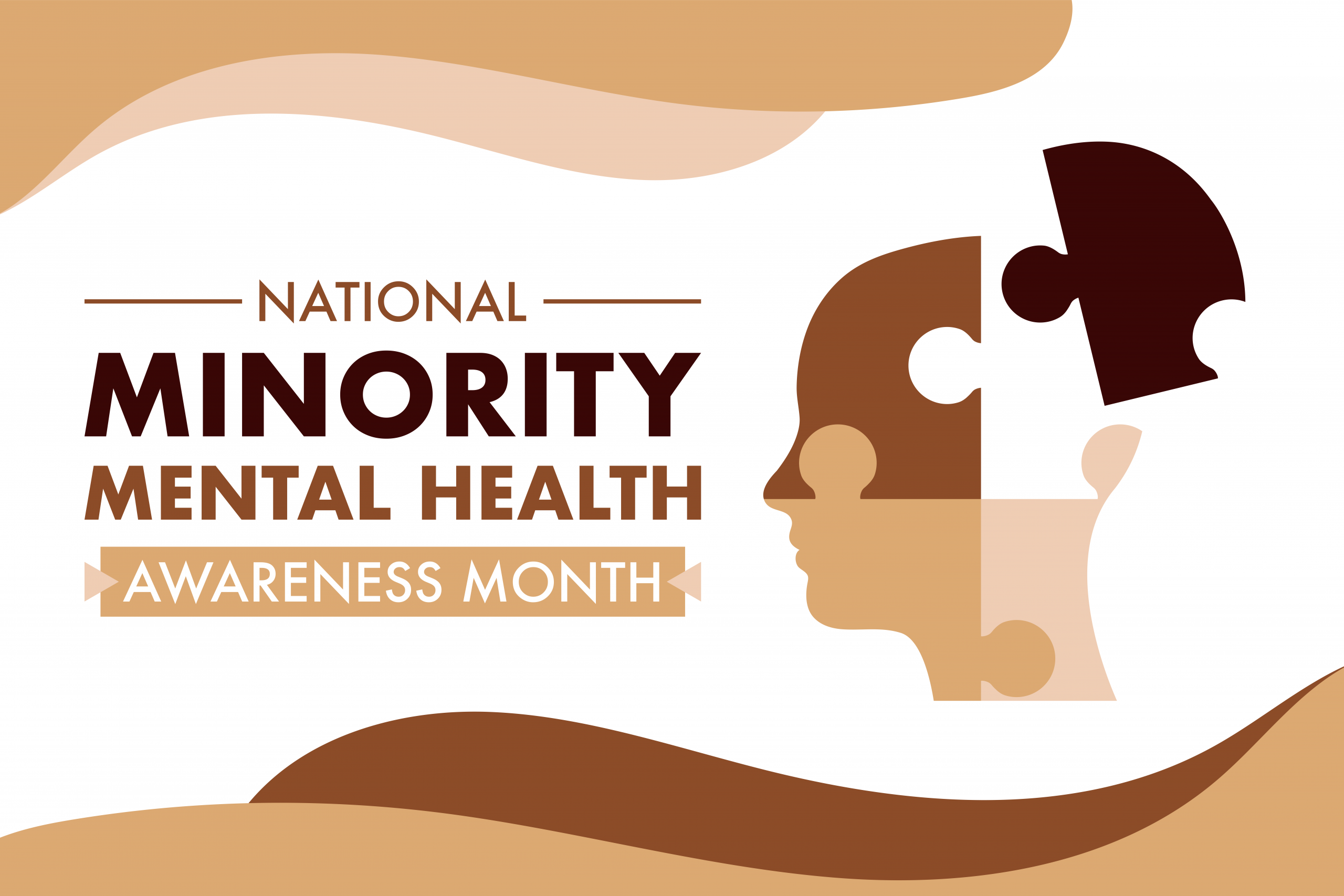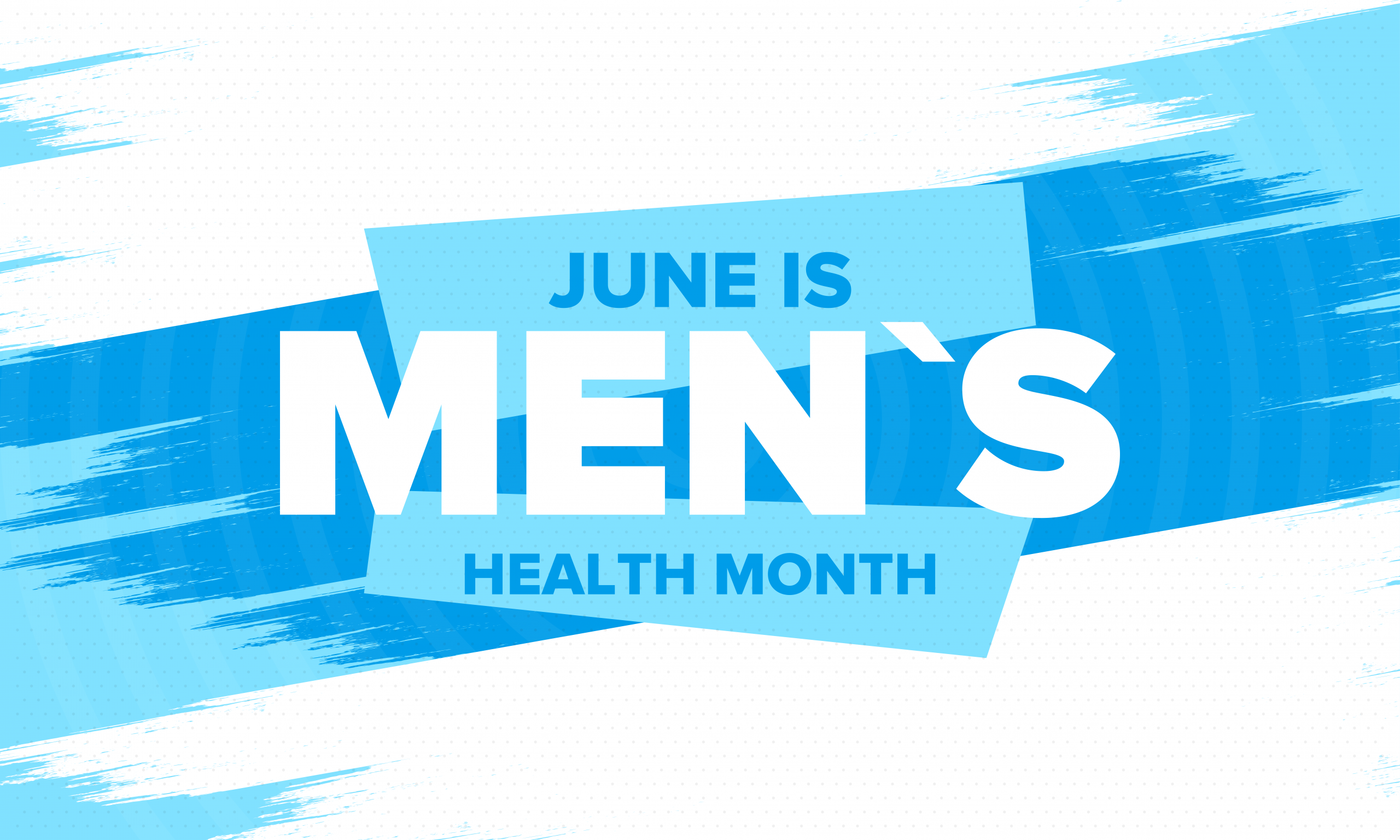

Mind the Gap: Mental Health Awareness in Asian American, Native Hawaiian and Other Pacific Islander Communities
By: Lillian Witting, MPH, CAPM, Senior Coordinator, Research and Programs, National Health Council
May is dedicated as Asian American and Pacific Islander Heritage Month, of which last year’s blog highlighted the legacies of colonialism, the urgency to disaggregate data, health disparities among subgroups, and the need for culturally competent care. In addition, May is also considered Mental Health Awareness Month by the Substance Abuse and Mental Health Services Administration (SAMHSA). According to the SAMHSA report on racial/ethnic differences in mental health service use, Asian Americans (AA) and Native Hawaiian and Other Pacific Islanders (NHOPI) have some of the lowest estimates (Figure 1) for use of mental health services, prescription mental health medication use, and outpatient mental health services compared to all other racial/ethnic groups despite making up a total of approximately 7% of the U.S. population.
Figure 1: Mental Health Service Use in the Past Year among Adults, by Race/Ethnicity: 2015-2019, Annual Averages

AA and NHOPI communities are made up of diverse individuals with more than 40 distinct ethnicities and differences in language, education, socioeconomic status, and education. It is estimated that nearly two in three AA & NHOPI are foreign born, which means there is a higher rate of limited English proficiency that can affect mental health outcomes. AA & NHOPI populations are less likely to seek health care out of fear of discrimination, which is a greater barrier to mental health service utilization. Furthermore, there is often a stigma among AA communities in conforming to the “model minority” trope, which portrays AA individuals as high achieving, but overshadows and perpetuates dismissive attitudes towards those who may be struggling with mental health issues.
To make changes and address the mental health issues of AA and NHOPI communities, health care and research institutions could employ better community driven efforts to destigmatize conversations around mental health, prioritize culturally competent care, implement better language services, and collaborate with organizations such as the National Asian American Pacific Islander Mental Health Association and the Asian American Psychological Association that are dedicated to raising awareness and advancing mental health outcomes.


